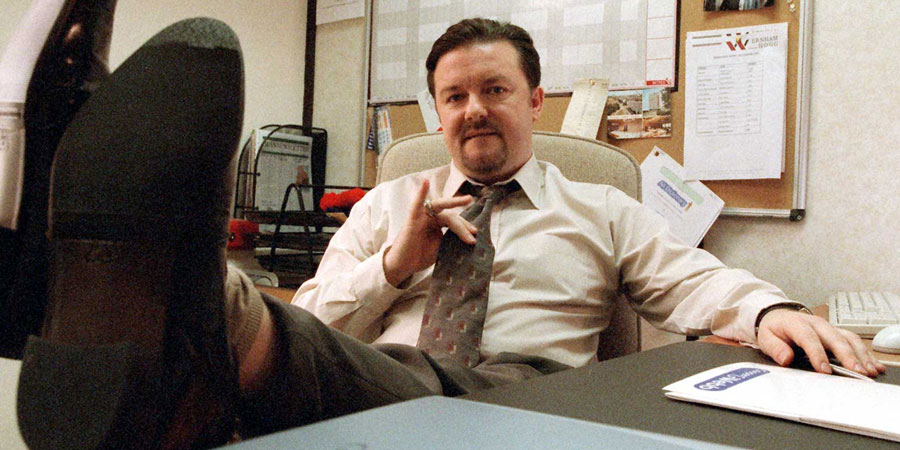T.W.
Wednesday 9th December 2009 2:05pm [Edited]
15,786 posts
Quote: KeyLimePaige @ December 9 2009, 2:33 AM GMT
If there's a thread about this already somewhere, my apologies. I couldn't find it on the first two pages, so maybe it's old anyway.
I was thinking about how the British Office (aside from a variety of other reasons) couldn't sustain itself beyond two seasons because David Brent was never allowed to win in an episode or two. It was always about his miserable failure. Whereas, sometimes, in the American version, Michael Scott gets a big client or gets the girl, and then fails horrifically.
I also was thinking about Jim. In the UK version, Jim's your typical never-really-does-anything character which gets really annoying after a while. Whereas Jim USA is more of an everyman than an everyloser.
Do you think these changes were needed to keep the American version going indefinitely? Or do you think Americans just don't like to see such a clear picture of themselves (why The Royle Family and some other reality-like Britcoms aren't as popular)?
There's definitely a part of the US version which feels it needs to reflect the aspirational American view of work as a means to success and self-improvement. Although that is implied in Britain, it is bad form to admit it. We're bred to complain about work, even if we enjoy it.
For me, in the UK version, Tim is the character that most men will identify with and Dawn (I presume) most women. You say they never really do anything, but the point is that their lives take place off-screen as it were. Both characters have a bit of growing up to do, but both essentially realise that ultimately their place of work is little more than a anchor of financial and social security. Whereas as David and Gareth (plus Finchy) - live their lives through their work. In this way, Michael and Dwight are similarly somewhat deluded.
The necessity for continuing seasons means that the US version can't pace out its story or character development in the same way as the UK version, of course. It is in some respects a completely different show, but it makes its own way nicely as a very well-written and funny sitcom. It can't have the same relentless failures and disappointments for its characters as that would be a big turn-off over multiple seasons. In the UK version the characters did have victories, but they were smaller and more subtle. Any time Tim and Dawn physically touch each other, for example, was a mini-triumph in their lives. In the US version the characters' lives are (understandably) played out more on the surface - the plot and the dialogue. In the UK version, what Tim and Dawn don't say (and indeed many of the minor characters as well) is as important as what they do say.
I will always prefer the UK version, but that's simply because for me it was more than a sitcom. It said a lot of about life, love, ambition and (especially) what constitutes "failure", which made it quite a deep social drama as well. That's the reason it touched so many people really. Its key audience is probably those in their late 20s, early 30s and upwards - you need to be of an age where you've had to re-adjust your ambitions in life - in order to fully appreciate it, I think. Where you're not quite old enough to (albeit begrudgingly) accept where you've ended-up in life, but at the same time not young enough to easily go back and start all over again.

